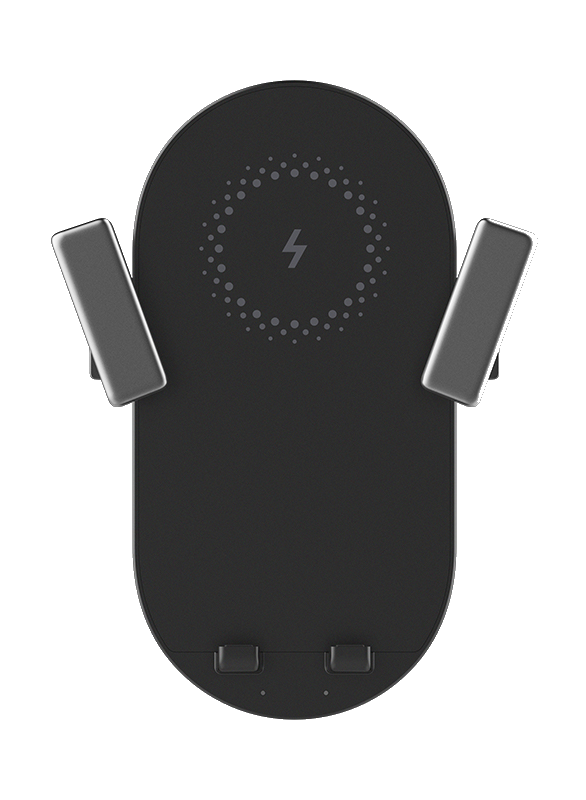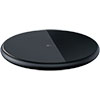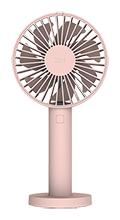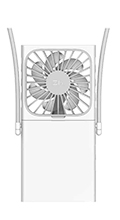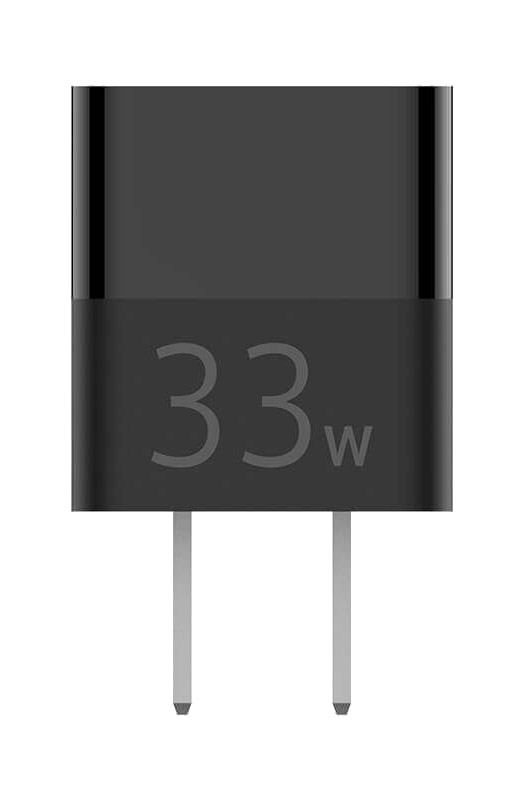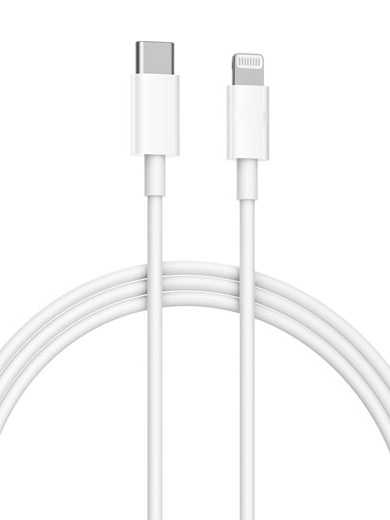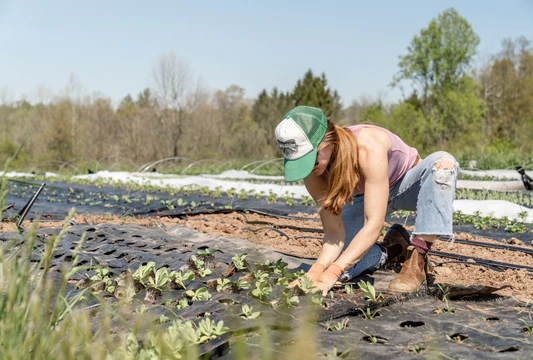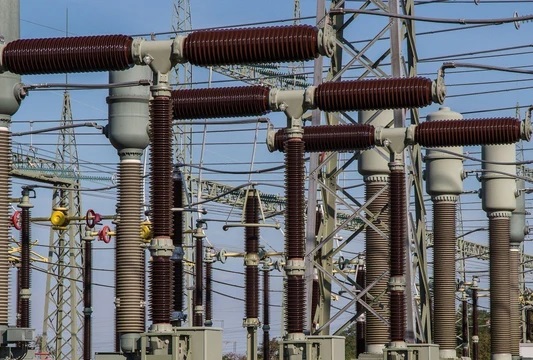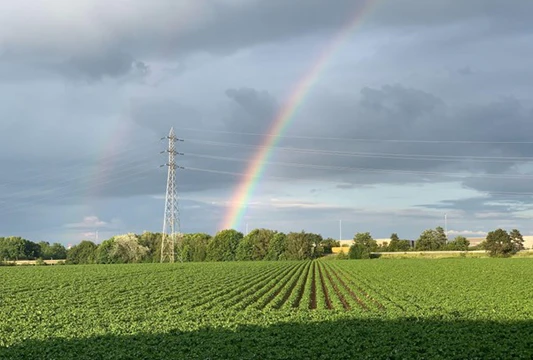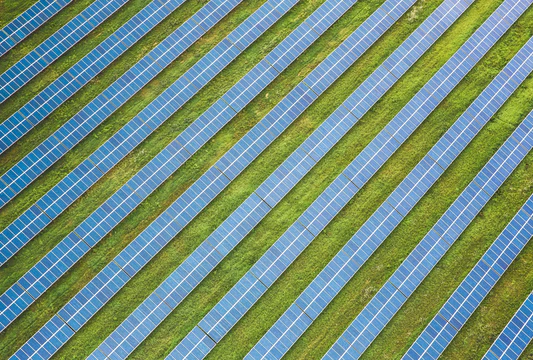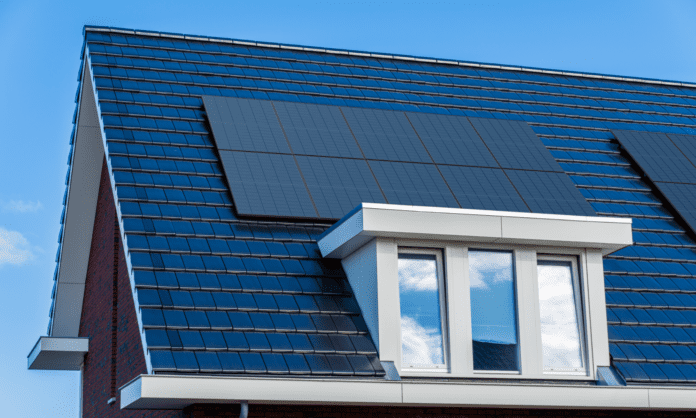As a farmer, you should prioritize maximizing efficiency while minimizing costs. With rising electricity expense and growing environmental concerns, many farmers are looking for ways to reduce energy consumption and minimize their carbon footprint. One increasingly popular option is utilizing portable solar panels to generate electricity for farms.
The advantages of using portable solar panels to go solar are numerous. For one, solar energy is a renewable, clean power source that produces no harmful emissions, and it is relatively low-maintenance. Furthermore, solar energy is dependable, as it can be generated even on cloudy days.
So how can you plan and install a solar system on your farm? This article serves as a farmer's guide to using portable solar panels to create a solar energy system.
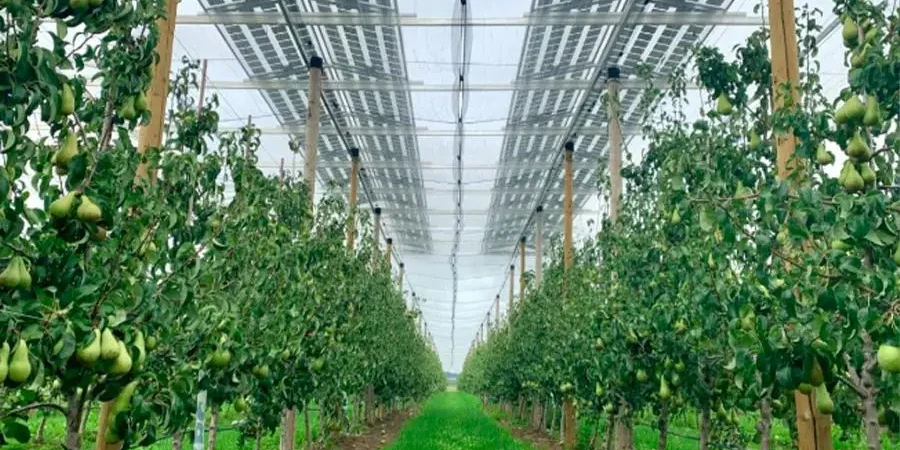
The Importance of Renewable Energy for Farmers
The fact that more and more countries are pledging to transition from fossil fuels to renewable energy sources to minimize greenhouse gas emissions and other types of pollution illustrates the crucial role of renewable energy.
According to Deloitte Insights, the percentage of electricity generated from renewable energy sources in the US has doubled over the past decade, rising from 10% in 2010 to 20% by 2020.
The good news is that alternative choices are available for farmers, such as portable solar panels, which allow them to generate electricity without relying on fossil fuels. Keep reading to find out more about how portable solar panels work and how they can benefit farmers looking to switch to solar energy.
An Overview of Portable Solar Panels: Understanding Their Functionality
Portable solar panels are smaller versions of traditional solar panels designed for ease of transportation. They come in various forms and sizes, but foldable solar panels are the most popular. These panels can be quickly folded into a compact container that is transportable in a bag or backpack.
The functionality of portable solar panels is based on their ability to absorb sunlight using photovoltaic cells made of silicon. The cells convert the sunlight into electrical energy that can be used to power electronic devices or recharge batteries.
Portable solar panels are commonly used in remote areas where there is limited access to electricity or fuel for generators. In such situations, portable solar panels serve as a backup power source during power outages caused by natural disasters like storms that affect vast areas at once. They are also an eco-friendly option for people who want to reduce their environmental impact by using renewable energy sources.
Energy Independence: How Portable Solar Panels Can Power Your Farm
Portable solar panels may not generate enough energy to operate large-scale farming machinery or power an entire farm, but they are a valuable resource for various farming tasks. These panels can power various equipment and devices that help farmers carry out their responsibilities, such as irrigation and livestock containment.
For example, farmers can use portable solar panels to operate a water pump for irrigation or to provide electricity to an electric fence to keep livestock contained. Additionally, these panels can power lighting systems in sheds or barns and can charge batteries for various tools and equipment.
Portable Solar Panels: A Valuable Asset for Farmers
There are several benefits to using portable solar panels for farming purposes, including:
Cost-Effective Energy Source
Portable solar panels offer significant cost-effectiveness as an energy source for farmers. Unlike traditional fossil fuels, such as oil and gas, which can come with high costs, portable solar panels require no fuel and are powered simply by the sun. This makes them not only more economical but also more sustainable.
Additionally, portable solar panels require little upkeep, which means that farmers do not need to spend considerable money on repairs or maintenance. Although the upfront cost may seem high, this investment could save farmers money in the long run.
Environmental Sustainability
Solar energy is a clean and renewable energy source that emits no pollutants or greenhouse gases. In contrast, nonrenewable energy sources such as coal and natural gas contribute significantly to climate change. Portable solar panels help farmers reduce their reliance on fossil fuels and use clean, renewable energy, reducing their carbon footprint and conserving the environment.
Increased Energy Independence
Portable solar panels help farmers become more energy independent, especially in rural areas with limited grid access. With a portable solar panel system, farmers can generate their own power and avoid power outages or price fluctuations.
Improved Farm Productivity
Portable solar panels provide farmers with reliable and consistent power sources, increasing productivity and efficiency. This also reduces energy costs, freeing up funds for other farm expenses and investments, ultimately improving the financial sustainability of the farm.
Flexibility and Portability
Portable solar panels offer farmers great flexibility and portability. Traditional stationary solar panels require ample free space for installation and are often bulky. This can pose a challenge for farmers with limited space. Portable solar panels, however, are lightweight and easily moved and positioned as needed, making them a more practical and adaptable option for farmers.
For example, a farmer with a small herd of cattle must move them from pasture to pasture regularly. Traditional stationary solar panels would require setting up multiple systems for each pasture, which would be time-consuming and expensive. Portable solar panels allow the farmer to move the panels along with the herd, ensuring access to clean and renewable energy at all times.
Additionally, portable solar panels are easy to install and maintain. Most portable solar panel systems come with everything needed for setup, including mounting hardware and wiring, making it possible for farmers to install the panels themselves without expensive professional installation.
Evaluating Key Criteria When Deciding on Solar Panels for Your Farm
Choosing the right solar panels for your farm can be a daunting decision, but it is an important one with long-term benefits. Here are some key considerations to keep in mind before choosing solar panels for your farm:
Assessing Your Energy Needs
The first step in choosing the right solar panels for your farm is to assess your energy needs. This involves considering the type of equipment you use on the farm and the amount of energy you need to consume daily. Tracking energy usage for a few days or weeks can help determine the size of the solar panel system needed to meet the energy needs and decide if you need portable or stationary solar panels.
Considering the Size of Your Farm
The farm's size and location can be a vital factor in deciding the type of solar panels to choose. Installing stationary solar panels on the ground might be suitable for large farms with sufficient land. They are typically more efficient and can generate more electricity than portable panels. However, they are more expensive and require more installation work.
Portable solar panels may be a better choice for small farms or farms with limited land. These panels are easy to move around the farm for ideal sun exposure and are more affordable than stationary panels.
Investing in High-Quality Panels
Investing in high-quality solar panels is crucial to ensure efficiency and longevity. While cheaper, low-quality panels may seem like a good deal, they often have lower efficiency and may not last as long as pricier, high-quality panels. To ensure you are buying a good quality panel, look for those with strong warranties and proven performance records. It is also advisable to purchase panels from reputable manufacturers to ensure quality.
Proper Installation and Maintenance of Portable Solar Panels for Farmers
Here are some tips to help farmers ensure optimal performance of their portable solar panels by installing and maintaining them properly.
Choosing the Best Location for Your Panels
The first step in installing portable solar panels is choosing the best location. This should be a sunny, unobstructed area with minimal shade. The panels' angle should also be optimized to increase efficiency, depending on the farm's latitude. Proper research and consultation with solar panel experts is recommended to determine the best location.
Following Proper Installation Guidelines
After selecting an appropriate location for the panels, it is imperative to properly install them following installation guidelines to ensure a secure and safe installation. This involves grounding the panels and making all necessary electrical connections. It is also essential to ensure that the panels are correctly aligned and have adequate space to expand or contract with temperature changes.
Maintaining Optimal Performance
Proper maintenance of portable solar panels is necessary for optimal performance. Regular cleaning to remove dirt and debris blocking sunlight and checking for any damage is recommended. Quick repair if any damage is noted is also essential. It is advisable to have a professional's assistance to periodically check the panels for proper functioning and identifying any potential problems early.
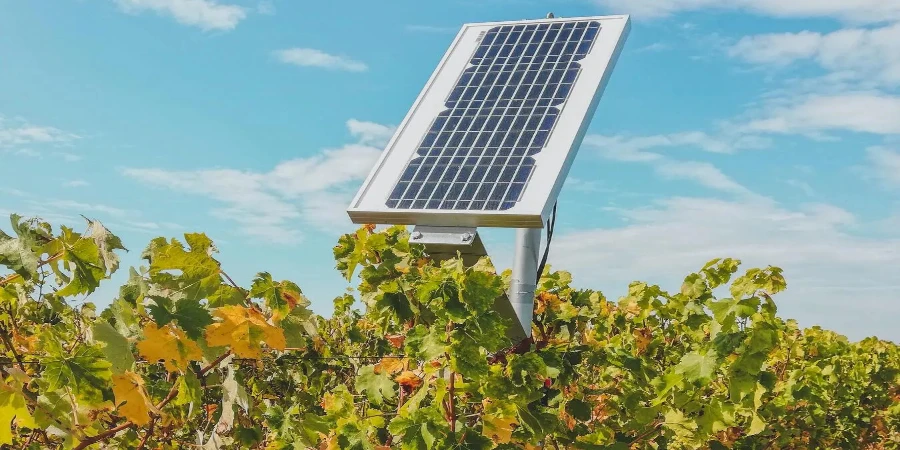
Going Solar
Taking action against climate change begins with a deliberate step. Incorporating solar power on your farm can be a positive step towards greenhouse gas emission reduction. With an understanding of solar power operations and portable solar panels' numerous benefits, you can make informed decisions while purchasing. For viable portable solar panel options designed for farm use, check out what 70max has to offer.


